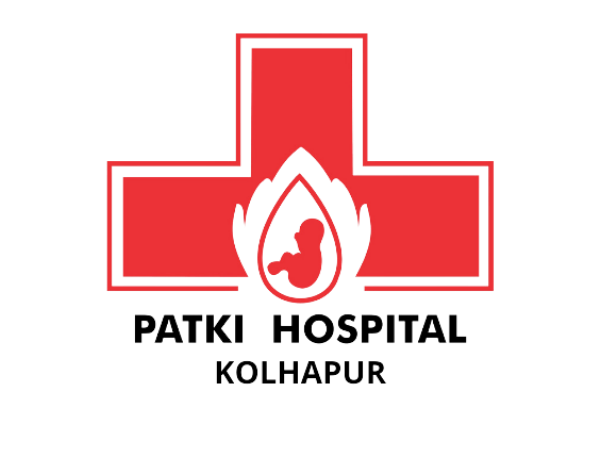Hysteroscopy is a minimally invasive procedure used to examine and treat conditions affecting the uterine cavity. It plays a crucial role in improving success rates for couples undergoing In Vitro Fertilization (IVF). By providing direct visualization of the uterus, hysteroscopy helps diagnose and treat abnormalities that could hinder embryo implantation and pregnancy progression.
Diagnostic Importance of Hysteroscopy in IVF
Before starting an IVF cycle, a thorough assessment of the uterus is essential. A healthy uterine environment increases the chances of a successful embryo transfer and implantation. Hysteroscopy helps in identifying and diagnosing various intrauterine conditions such as:
- Uterine Polyps – Small tissue overgrowths that can interfere with embryo attachment.
- Fibroids – Non-cancerous growths that may distort the uterine cavity and reduce implantation chances.
- Intrauterine Adhesions (Asherman’s Syndrome) – Scar tissue that can impact embryo implantation.
- Uterine Septum – A congenital defect that can cause repeated implantation failure or miscarriage.
Detecting these conditions early allows fertility specialists to tailor treatment plans, improving the likelihood of a positive outcome.
Therapeutic Benefits of Hysteroscopy in IVF
Apart from diagnosis, hysteroscopy is also a treatment tool that allows specialists to correct identified abnormalities in a single procedure. Common corrective measures include:
- Removal of Polyps and Fibroids – Enhancing the uterine environment by eliminating growths.
- Lysis of Adhesions – Restoring a normal uterine lining to support implantation.
- Resection of a Uterine Septum – Correcting congenital anomalies to improve pregnancy chances.
By addressing these conditions, hysteroscopy increases the likelihood of a successful IVF cycle.
Hysteroscopy Services at Patki Hospital, Kolhapur
Patki Hospital in Kolhapur provides state-of-the-art hysteroscopic procedures to support fertility treatments. Their services include:
- Diagnostic Hysteroscopy – A detailed evaluation of the uterine cavity before IVF.
- Operative Hysteroscopy – A minimally invasive surgical approach to correct uterine abnormalities.
These procedures are typically performed under anesthesia as daycare surgeries, allowing patients to be discharged on the same day.
By integrating hysteroscopy into the IVF treatment protocol, Patki Hospital aims to optimize the uterine environment, thereby enhancing the likelihood of successful conception and a healthy pregnancy.
For a more detailed understanding, you might find this video informative:
